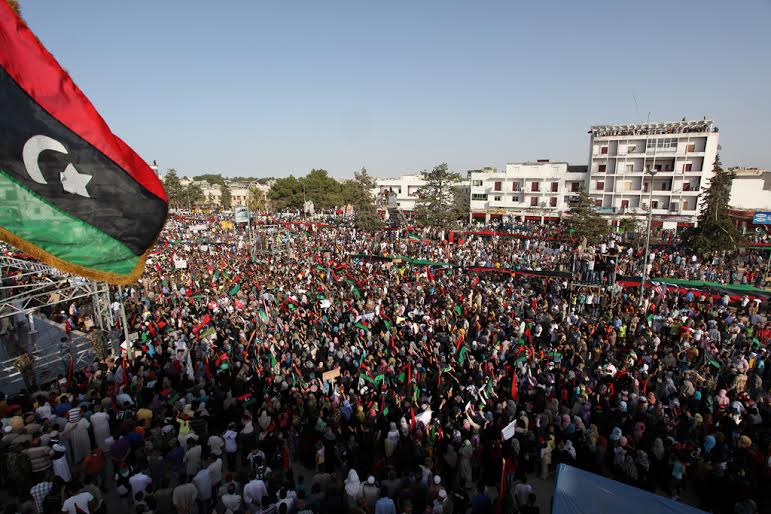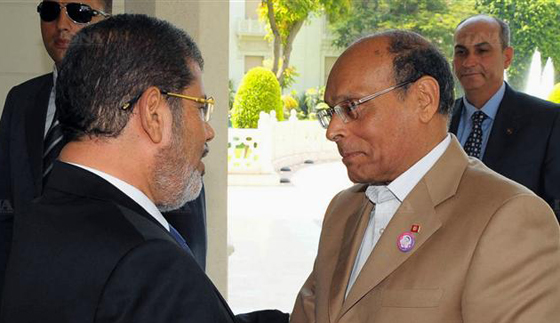 Four European countries, namely France, Germany, Italy, and the United Kingdom have warned against obstructing the Libyan political Dialogue.
Four European countries, namely France, Germany, Italy, and the United Kingdom have warned against obstructing the Libyan political Dialogue.
In a joint statement issued Monday, the four countries said they are “ready to take measures against those who obstruct the Libyan Political Dialogue Forum and other tracks of the Berlin process, as well as those who continue to plunder state funds or commit human rights abuses and violations throughout the country.”
“More than ever, today, we stand with the immense majority of Libyans who reject the status quo, any military or violent option to settle the crisis and terrorism. We share their opposition to all foreign interference, and support their willingness to come together in peaceful and patriotic dialogue.”
The four countries welcomed the results of the first round of the Libyan Political Dialogue Forum which took place in Tunis November 7 to 15 November based on UNSC resolution 2510 (2020) and the conclusions of the Berlin Conference on Libya.
At the Forum, the Libyans agreed on a roadmap to national elections on December 24, 2021, the statement recalled, describing the agreement as “an important step to restore Libya’s sovereignty and the democratic legitimacy of its institutions.”
These political efforts build upon the comprehensive ceasefire agreement concluded in Geneva on October 23 and progress within the Libyan Joint Military Commission (5+5).
They reiterated their call on the Libyan parties to fully implement the ceasefire agreement, commending the efforts made by the Libyan parties during their meetings in the Libyan towns of Ghadames, Sirte and Brega.
France, Germany, Italy and the United Kingdom also welcomed the widespread resumption of oil production and Libyan discussions on reforming security provision at oil installations.
The second round of the Libyan Political Dialogue Forum (LPDF) held virtually, opened Monday morning but was later in the day delayed to next Wednesday so that the LPDF participants can mull the options of selecting the new executive authorities in Libya.
Meanwhile, members from the Tripoli-based and Tobruk-based House of Representatives are holding in the Moroccan northern city of Tangier a full-quorum deliberations session in an attempt to unite the legislative body ahead of elections.
The four European states said that they were looking forward to the next session of the LPDF and that they fully share and support the overall objective of the LPDF to generate consensus on a new unified governance framework, based on the agreement reached in Tunis. The agreement outlines the structure and prerogatives for the new reformed Presidency Council and a separate Head of Government who will lead the transition.
“To achieve this result would send a strong signal of unity and Libyan ownership of the country’s political future,” the statement said.



